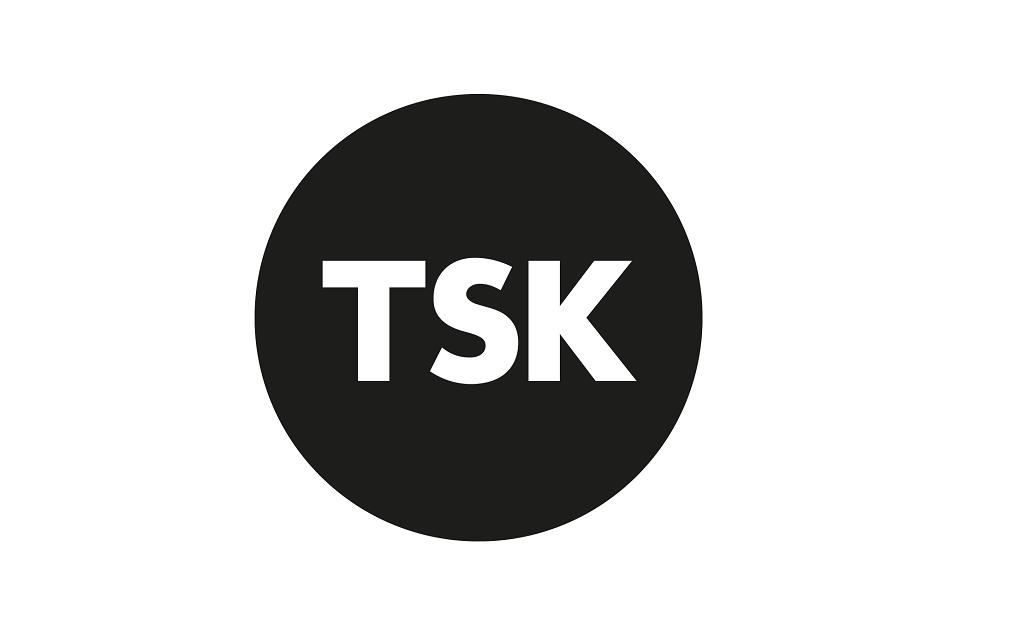Transport for the North: Planes, Trains and Automobiles
This week, Transport for the North (TfN) issued its second report, providing an update on its progress since March 2015, as well as outlining its ambitions between now and spring 2016. TfN is an integral part of realising the Northern Powerhouse vision to transform the North of England’s economy and establish it as a competitor on the global stage. With a combined population of 15 million and an opportunity to increase economic output by an estimated £37 billion by 2030, ensuring the success of the Northern Powerhouse is seen as a bipartisan priority across the region.
David Brown, the former chief executive of Mersey Travel, has been appointed as TfN’s new chief executive. He will work closely with the independent TfN chair (yet to be announced), Lord Adonis and the National Infrastructure Commission to deliver TfN’s programme.
TfN’s broad priorities are outlined in the report’s joint foreword from the transport secretary, Patrick McLoughlin MP and the Leader of Manchester City Council, Sir Richard Leese. They are: international connectivity, freight, smart and integrated ticketing, strategic local connectivity, strategic roads, and development of Northern Powerhouse Rail. Both concede that delivering TfN’s vision will require major construction work and political agreements. While the politics will be challenging, good examples of this are being demonstrated already, with Labour councillors in Manchester, Durham and other places besides, working closely with the Conservative Government. The £50 million of government funding for TfN, following commitments in both the Chancellor’s Summer Budget and Autumn Spending Review, is also welcome.
Arguably the most ambitious vision of TfN is the transformation of rail connectivity in the North of England, referred to as the Northern Powerhouse Rail network. Having looked into what rail capabilities will be required to realise its vision, TfN will work in partnership with the Department for Transport, Network Rail and HS2 to identify options for its delivery. This includes utilising HS2, which it is hoped will free-up capacity for freight on local routes, as well as continuation of the Northern Hub programme that is seeing electrification across the North. Unsurprisingly, the focus seems to be on joining up major Northern cities, but TfN has reiterated its commitment to extending connectivity to the surrounding sub-economies so everyone in the North can realise the benefits.
On the roads, TfN wants to see “a free-flowing network of motorways and expressways increasingly offering mile a minute journey times”, a vision that is no doubt shared by any who make regular journeys between the North’s economic hubs. To achieve this, TfN wants to increase capacity and improve links, particularly across the Pennines. The report notes work already underway as part of the first national Roads Investment Strategy, including upgrades to sections of the M1, M6, M60 and M62 to create four-lane Smart Motorways, as well as the North Yorkshire upgrade to the A1 that will provide a continuous motorway link between the North East and the rest of England by 2017. Looking forward, TfN has signed a formal agreement with Highways England to collaborate on the second Roads Investment Strategy, and to engage with all member authorities to identify the best opportunities for new routes.
TfN’s plan for smarter ticketing in the North on bus, tram, metro and rail, as well as providing simplified fares and real-time travel information, received a separate boost at the Chancellor’s Autumn Spending Review with £150 million of funding pledged to support the delivery of “smart and integrated ticketing”. TfN says it aims to deliver “early benefits to customers” whilst holding ambitions for the longer term including payment by contactless card, mobile payment and even smart cards, which appear to be becoming universally known as a ‘Northern Oyster’.
With a roadmap in place and committed government funding, it will be exciting to track TfN’s progress in delivering a better-connected North, which feeds into the wider Northern Powerhouse agenda. TfN will arguably deliver the most apparent Northern Powerhouse benefits, including many that can be realised long before the overall transformation programme is completed. With specific investment priorities yet to be confirmed, TfN’s next report could be all the more interesting; hopefully it will deliver on the commitment to spread the benefit of the Northern Powerhouse beyond its major cities.
Selected industry experts bring you insight and expert advice, across a range of sectors.
Subscribe for free to receive our fortnightly round-up of property tips and expertise
Selected industry experts bring you insight and expert advice, across a range of sectors.
Subscribe for free to receive our fortnightly round-up of property tips and expertise





